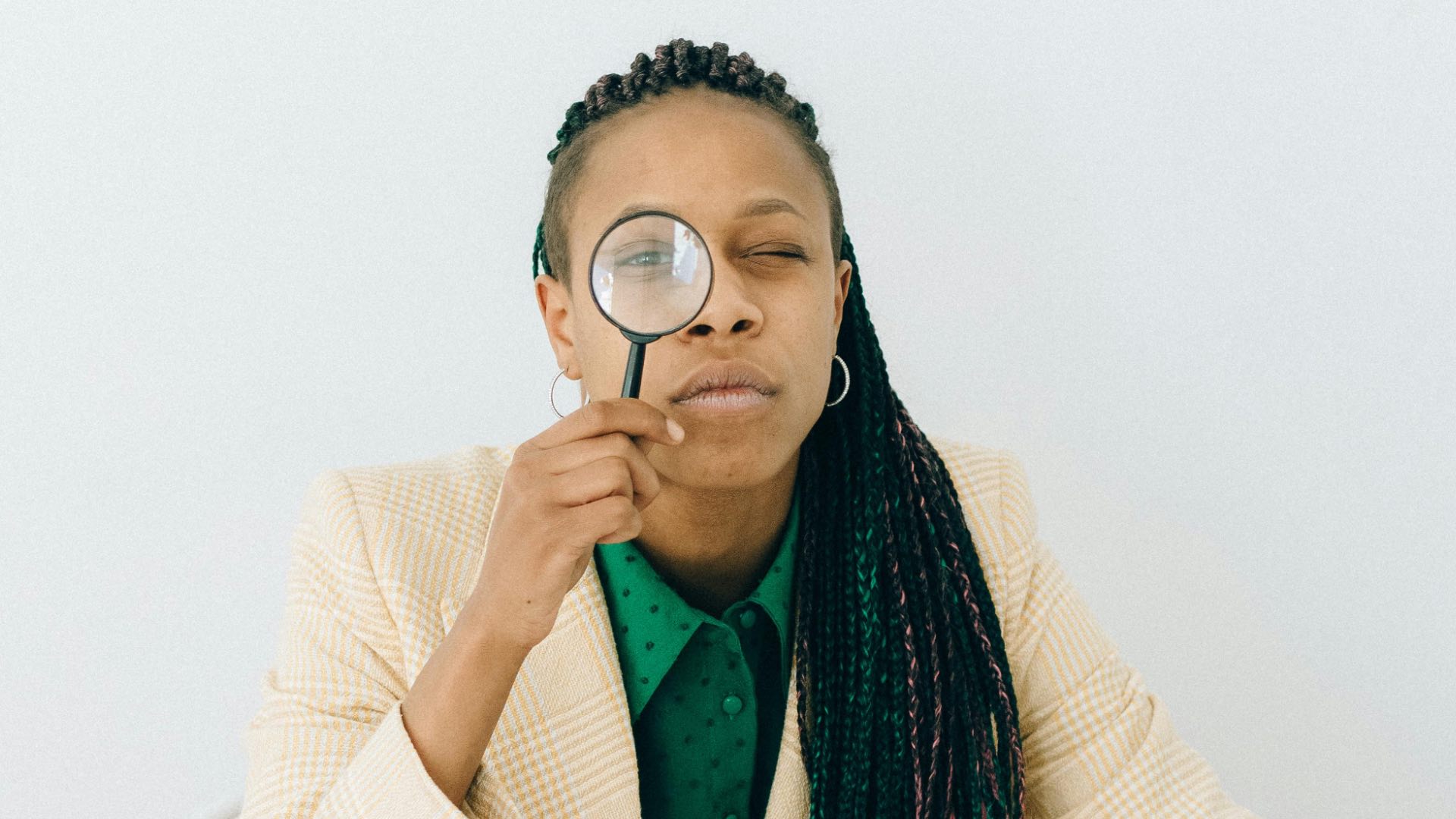
An increasing number of well-educated women are opting for partners who have less educational attainment or professional standing than they do. This trend, known as hypogamy, signifies a change in both romantic relationships and societal expectations.
An inversion of conventional patterns
Traditionally, hypergamy—the practice where a woman weds a man with greater social or educational standing—prevailed. Nonetheless, this pattern is slowly shifting. For instance, in the United States, data shows that this tendency is evolving as follows: sociologist Christine Schwartz At the University of Wisconsin, the percentage of partnerships wherein the female counterpart has a higher level of education compared to their mate rose from 39% in 1980 to 62% in 2020.
In France, a study conducted by the National Institute of Demographic Studies (INED) shows that starting from the generations born in the late 1950s, women tend to be better educated than their partners, which represents a shift away from traditional female hypergamy.
Reasons for the increase in hypogamy
A variety of reasons account for this trend. The broad accessibility of tertiary education has resulted in a substantial rise in the number of female graduates. For instance, in 2024, within the age group of 25 to 34 years old in Belgium, 56.9% of women attained higher educational qualifications, whereas only 44.4% of men did so.
This difference leads to a scenario where educated women surpass men in number, causing some of these women to contemplate partnering with those who have fewer educational qualifications. Additionally, evolving gender dynamics and the pursuit of partnerships grounded in equality and emotional harmony are amplifying this tendency.
Persistent challenges despite change
Even with this progress, difficulties persist. Conventional social norms may still affect the interactions within hypogamous relationships. For instance, research conducted by sociologist Nadia Steiber highlights that Men with less education often hold more conventional beliefs about gender roles, potentially leading to conflicts between partners.
Furthermore, income inequalities do not consistently benefit women with higher education levels. As stated by Christine Schwartz, These women frequently earn as much or even more than their husbands, though this isn’t typical.
Hypogamy therefore indicates a reassessment of what defines romantic preferences. Accomplished women are more inclined to emphasize emotional alignment, common principles, and reciprocal assistance over societal standing or academic qualifications. This change mirrors an aspiration for genuine connection and parity in partnerships, despite enduring cultural and social barriers.
